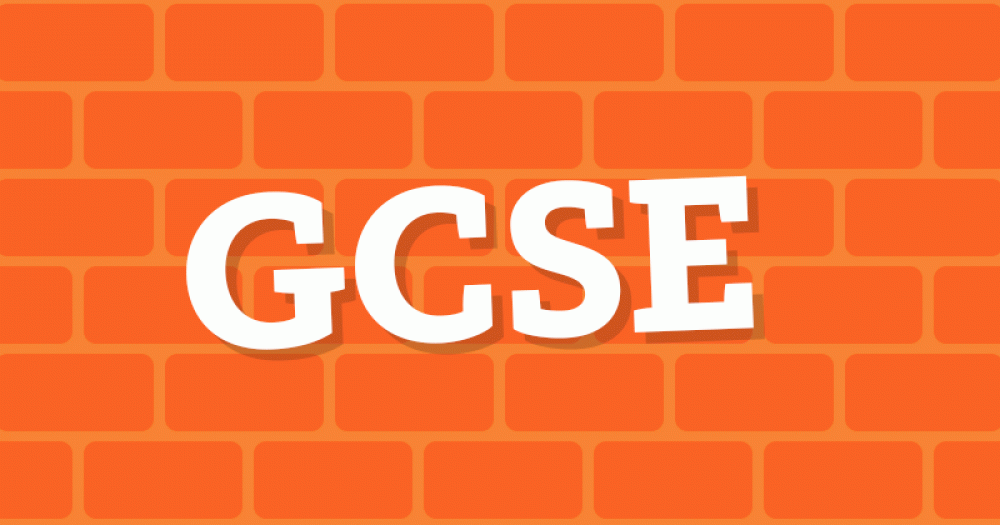Entries to religious studies GCSEs have jumped to the highest number since 2002, showing the subject continues to attract young people despite its exclusion from the English Baccalaureate (Ebacc) performance measure.
The latest numbers show an increase from 295,730 total UK entries last year to 296,010 this year.
The rise is particularly significant in the context of the 3.1 per cent decrease in the 16 year old population and the trend for students to move towards the Ebacc subjects, which include English, maths, history, geography, sciences, and languages.
Despite the recent boost in entries for the subject, outcomes in the religious studies GCSE have not changed significantly since last year.
In the 2016 results 10.4 per cent of students gained an A* compared to 10.8 per cent in 2015, while 19.1 per cent got an A compared to 19 per cent the previous year.
The B and C grades dropped by 1 and 2 per cent to 23.5 per cent and 18.6 per cent respectively.
Grades for religious studies at A-level made a small improvement this year, with 80.4 per cent achievement A*-C, compared to 80.1 per cent last year.
Rudolf Eliott Lockhart, chief executive of the Religious Education Council of England and Wales commented on students’ renewed interest in the subject, saying: “It is fantastic to see increasing numbers of students opting to take the full course GCSE in religious studies, a reflection of the attraction of an academically rigorous subject that helps prepare students to understand an increasingly diverse modern world.
“More than ever, as our society becomes increasingly multicultural and religious extremism continues to dominate the news agenda, we need young people to be religiously literate. We need them to become skilled intercultural navigators, and good religious education is a key part of that.”
Alastair Lichten, campaigns officer for the National Secular Society, gave his perspective on the future of religious studies.
He said: “The message we are consistently hearing from young people in forums on the future of religion and belief education, is that they would like a subject which provides objective information and allows them to engage with these contemporary issues.
“Religious education has come a long way from its background as a confessional subject for the promotion of Christianity, however until the subject is fundamentally reformed, with control and direction of the curriculum moved from religious interest groups to educational experts, problems will remain.”
The religious studies GCSE caused controversy last November, when three parents took the Department for Education (DfE) to court over the wording of a paragraph in the new subject content, claiming that it “gave unlawful priority to the teaching of religious views as compared to non-religious views, including those of humanism”.
On November 25, Mr Justice Warby said in his judgment that the paragraph was indeed a “false and misleading statement of law, which encourages others to act unlawfully”.
He said the paragraph written by the DfE unlawfully suggested that schools could meet their legal duty to provide RE by just teaching the GCSE – which it might not if non-religious views were not included.







Would be more helpful & honest if this was done as a percentage. Particularly bearing in mind the variation in pupil numbers form year to year.